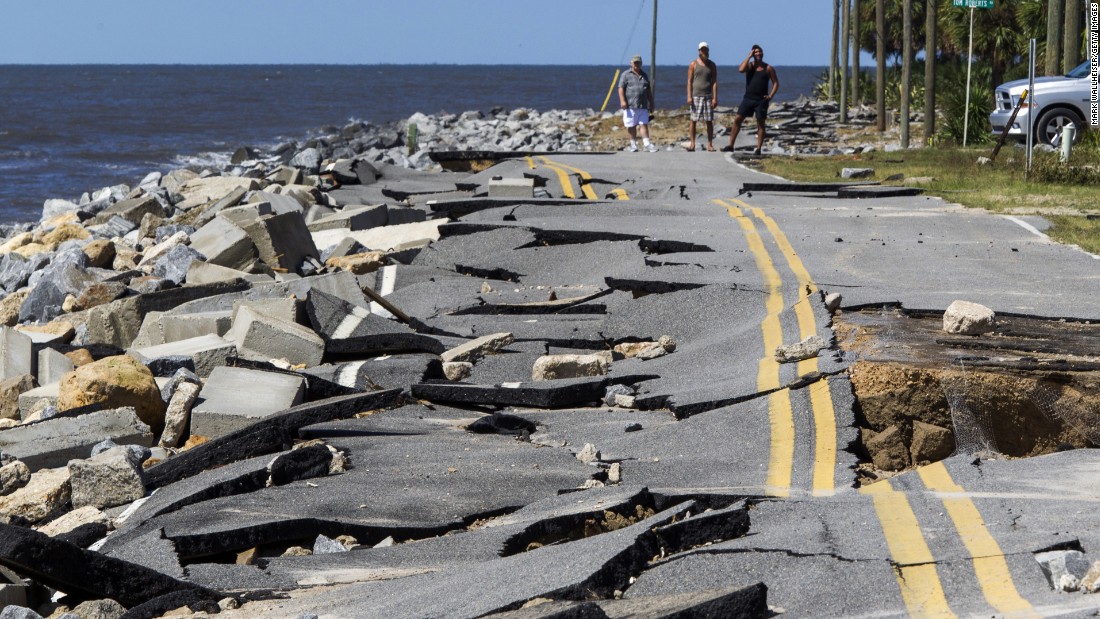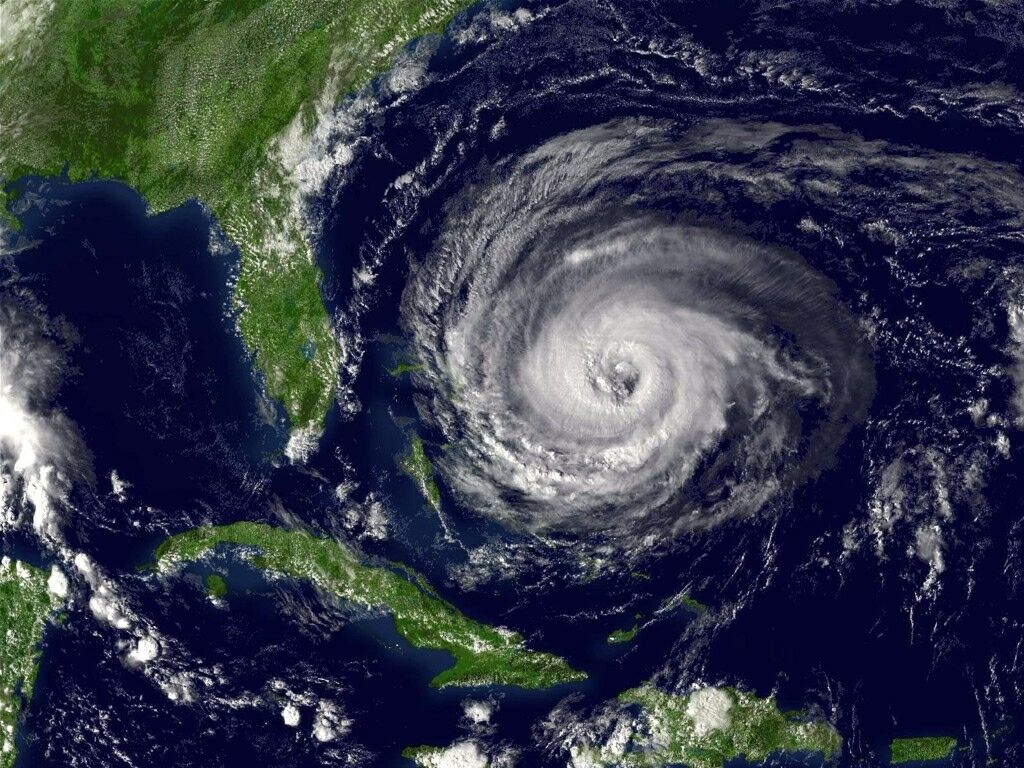Blogs
A) How does your footprint reflect the economy of your country, including its colonial relations?
- My footprint reflects the economy of my country in different ways, both positive and negative. On the negative side, my footprint showed that the amount of contamination caused by my means of transportation is affecting my country and I can change that by using other types of transportation like bicycles, walking, bus or carpool. Another negative impact my footprint showed was the amount of processed and packaged food I consume, which is high and needs to be changed, to change that I can plant my own fruits and veggies at home, eat more home made food in order to reduce the packaged products and buy locally grown food. On the bright side, I recycle a lot and I also reuse so at the same time, I reduce. Another very important thing I believe helps my footprint in a positive way is my education, thanks to my education I am able to be informed not only about my country's needs but also other countries needs and I am capable of learning how to help and the importance of helping save the planet.
B) How are the effects of climate change related with power imbalances among countries or within countries?
- Climate change has a big influence on power imbalances amongst many different territories on earth. Some countries have less impact on climate than others, that makes them more powerful when a natural disaster may appear. For example, United States and the Netherlands. United States has been going through pretty rough times these last few weeks due to numerous hurricanes attacking them, but the ones here are really consequential, all because of the huge lack of preparation against these natural events nobody can avoid. The Netherlands in the other hand possesses an exuberantly big anti flood/ hurricane system that keeps them safe from any natural harm that may put the country at risk. This preparation allows the Netherlands to have a lead on the whole "power imbalances" situation. If another natural disaster attacks the United States, the cost of rebuilding and helping the people affected by it, is major than building an anti-flood system for the near coastal regions. These costs affect the countries economy and leaves the other countries on a social-economic advantage against itself.


Post comment
1 Comment(s)
Absolutely Marisol! education is a proactive force in addressing climate change. It can develop and strengthen the capacity of individuals, groups, communities, and organizations to make judgments and choices in favour of sustainable development. It can also promote a shift in people’s mindsets and, in so doing, enable them to make our world safer healthier, and more prosperous, thereby improving our quality of life. But how do you intend to use your knowledge to inform others about climate change? because this climate change challenge require collective efforts, everyone should be involved. Kindly share your ideas.... :)
I am very interested in reading your ideas on how your country can prepare for extreme weather events? Please share if you come up with any or if you already have one.
Keep up the good work. We can do this together, we can save our planet.
Cheers
- In order to spread the word on what I have learned on climate change I started by sharing what I have learned with my family and with my friends.
- By being an example with my actions in order to help the planet, I believe I can spread the word since I strongly believe actions speak louder than words so by doing I believe I will help make people gain conscience and learn some of the things I have learned.
- To answer your question on how my country prepares or how it can prepare for extreme weather events, in my country, first the vulnerable zones are identified, after that there is a process of prevention and then, a process to mitigate the damage done. One of my ideas to prepare my country for extreme weather events can be making cleaning campaigns since pollution is one of the main causes of floods in the main cities since the trash collapses the sewer system.

Sandra Ukaigwe
Sep 24, 2017